We are surrounded by Bacterias. Killing these tiny creatures is often a primary aim for better living and numerous methods get applied to do the same. Freezing food is one of them. The question is does freezing kill bacteria? Germs or viruses also known as unicellular microorganisms get formed with a single cell only.
Bacterias may not be visible to the naked eye but they do have numerous shapes as well as sizes. These germs also tend to sustain in all types of environments. Scientists apply the freezing method to check whether the germs sustain under a cold or particular temperature. Mostly bacterial samples are stored for a longer time.
And it is seen that most Bacterias remain alive even after being exposed to extreme temperatures. In labs, mostly certain types of additives e.g., cryoprotectants are utilized to eliminate membrane and harmful damages.
But have you wondered, what could normal freezing with your freezer in the kitchen do to these Bacterias? Read on to find out how Bacterias present in food and food and other objects react under the frozen condition:
Contents
Does freezing kill bacteria in the water?
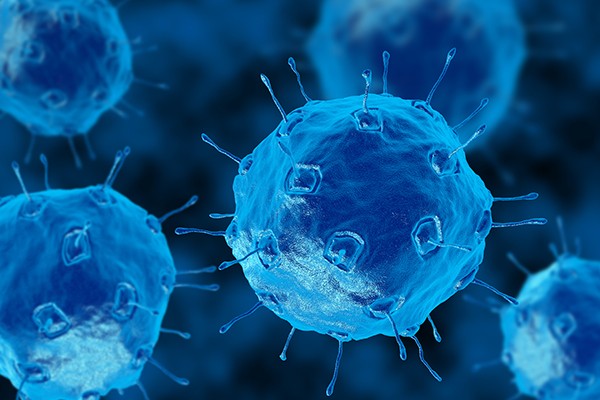
Frozen water tends to kill bacteria in the water to a certain degree. The cold temperature can affect the living cells by puncturing the same, thereby killing a few germs or Bacterias mostly big parasites. Although few Bacterias can sustain or remain alive under freezing temperatures. Simply put, water having bacteria will decrease in numbers. But when in unfreeze condition, the germs will reactivate and can multiply even.
Does freezing kill bacteria in meat?
Keeping food items like meat makes the active bacteria go into an inactive stage but does not kill them entirely. If you keep the food in the freezer the way it is or contaminated, after it gets back to normal temperature, the uncooked meat will still have harmful germs and viruses present. Therefore, cooking meat at the correct temperature is the best method to keep the food safe enough for eating. Here is the answer to your question – does freezing kill bacteria?
Does freezing kill bacteria on food?
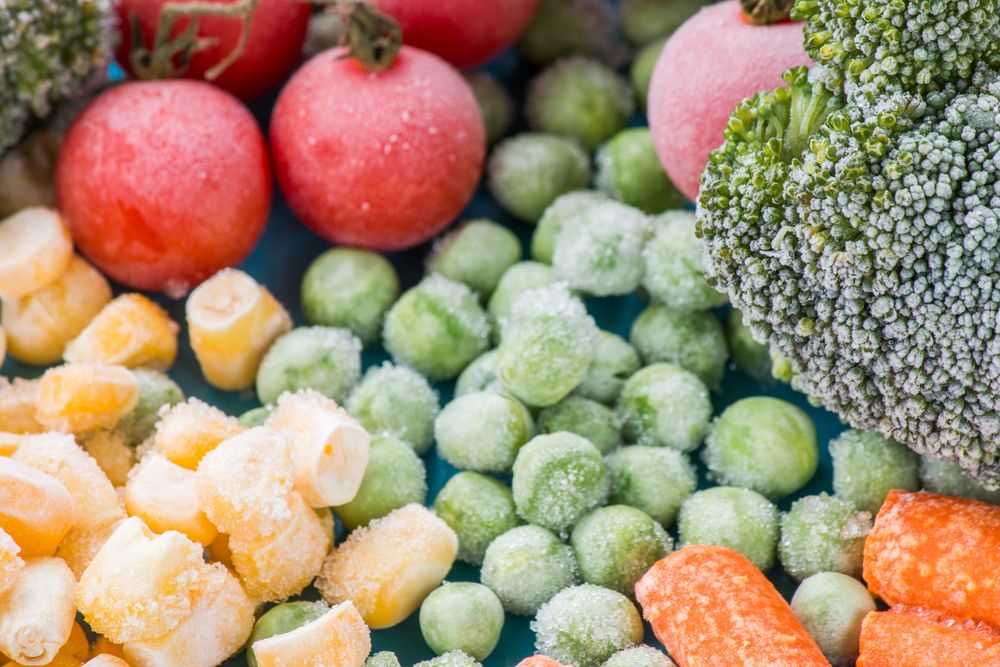
Freezing helps in killing germs and bacteria to some extent. But mostly, the bacteria present in the frozen food go into an inactive or dormant mode and remain alive there. Know that bacteria in the food is not killed completely. Bacteria tend to survive in frozen food. Once defrosted, Bacterias again go into the active mode and can also multiply or grow in numbers.
Does freezing kill all bacteria?
The answer is no. Understand that, deep freezing food items, liquids, etc does not kill the Bacterias present in them. Under chilled temperature, the germs go into the hibernation stage. These viruses remain inactive until the food is brought back to normal temperature. The germs and Bacterias will then have all the necessary heat moisture for them to survive. Therefore, it is always recommended that you cook the frozen food at the right temperature for killing harmful germs and bugs.
Does freezing meat kill bacteria and parasites?
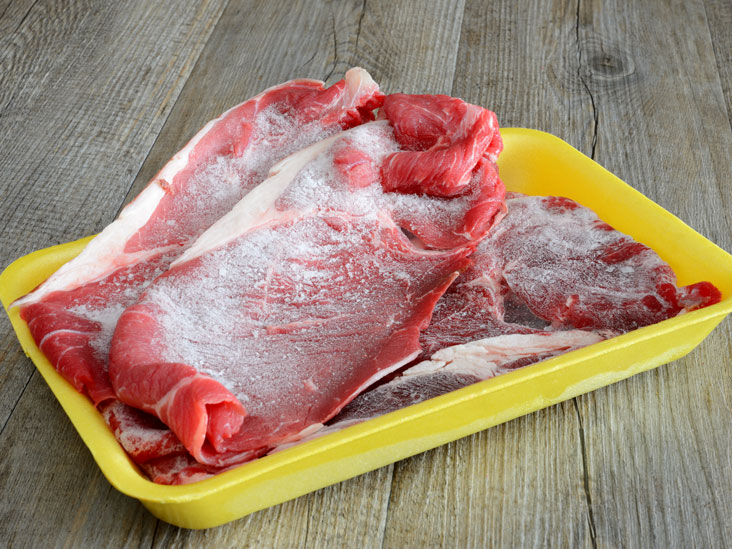
Freezing meat and other food objects cannot be the ideal solution to kill Bacterias and parasites present in them. Bacterias and germs can remain active under a freezing atmosphere. Once the food item like meat is thawed, the germs go into active mode and can increase rapidly. It is seen that hot temperatures at around 140 degrees help kill most of the germs present in food. Germs and viruses can remain
alive at 40–140-degree temperatures. That’s why you must keep the food refrigerated at correct temperatures and cook the same at high temperatures.
Does freezing kill botulism bacteria?
Clostridium Botulinum is a type of bacteria with spores that is mostly present in the soil. If there is no sufficient oxygen, for instance, canned foods, the spores can get converted into live cells. The germs can increase in numbers too. These types of Bacterias are known to create botulism toxins that can cause food poisoning.
It is better to keep the food in freezing condition rather than canning it. This in turn prevents botulinum bacteria from forming or growing rapidly. If possible, always store the frozen food items below 0degree Fahrenheit in a freezer. Avoid freezing the food in the normal refrigerator section.
Does freezing kill the beneficial bacteria in yogurt?
Frozen yogurts are loaded with probiotics, also known as good bacteria. Generally, the Bacterias that are utilized in forming yogurt are known to be thermophilic. These germs can be killed beyond 130 degrees Fahrenheit and mostly do not increase in numbers under 98 degrees Fahrenheit.
Does freezing kill e coli bacteria?

No freezing the food does not kill e coli bacteria. In fact, e coli O157:H7 can sustain most fridge, freezer, and cold temperatures.
Does deep freezing kill bacteria?
One cannot kill all the Bacterias and parasites present in the meat by simply deep-freezing it. It is quite surprising to note that viruses remain alive and active in chilled temperatures. After the frozen food goes into a thawed mode, the germs once again become active and can increase their numbers.
Cooking the meat at a high temperature and keeping the same refrigerated at the right temperature can help reduce the number of germs in the food.
Does freezing seafood kill flesh eating bacteria?
Generally, not every fridge or freezer can get the required amount of cooling after a certain time. You can of course utilize a good freeze thermometer to monitor the temperature. Freezing seafood can’t kill the flesh-eating Bacterias completely but it could stop them from becoming more. You can always store the seafood at -4 degrees Fahrenheit or lower for around a week. This in turn guarantees the reduction in harmful germs risks.
Does freezing food kill bacteria that cause food poisoning?

No. Most germs and Bacterias can remain alive and active under freezing temperatures. Freezing cannot be the solution to kill food poisoning causing germs. It can’t make the food 100 percent safe for consumption.
Food when it is in a moistened condition, the Bacterias present in them can become active and can multiply. That’s why experts recommend that you cook food at the proper temperature to kill harmful viruses.
Does freezing sauerkraut kill good bacteria?
No, freezing sauerkraut does not kill good bacteria. Food when kept in freezing conditions, makes the germs on them go into an inactive state. Sauerkraut when thawed, makes the existing Bacterias go active again!
Does freezing raw milk kill the good bacteria?
Freezing raw milk does not kill good bacteria. The nutritional values, probiotics, and enzymes are not all affected when you place free raw milk inside the freezer. Hence, answer to your question – does freezing kill bacteria?
Does freezing leftovers kill bacteria?
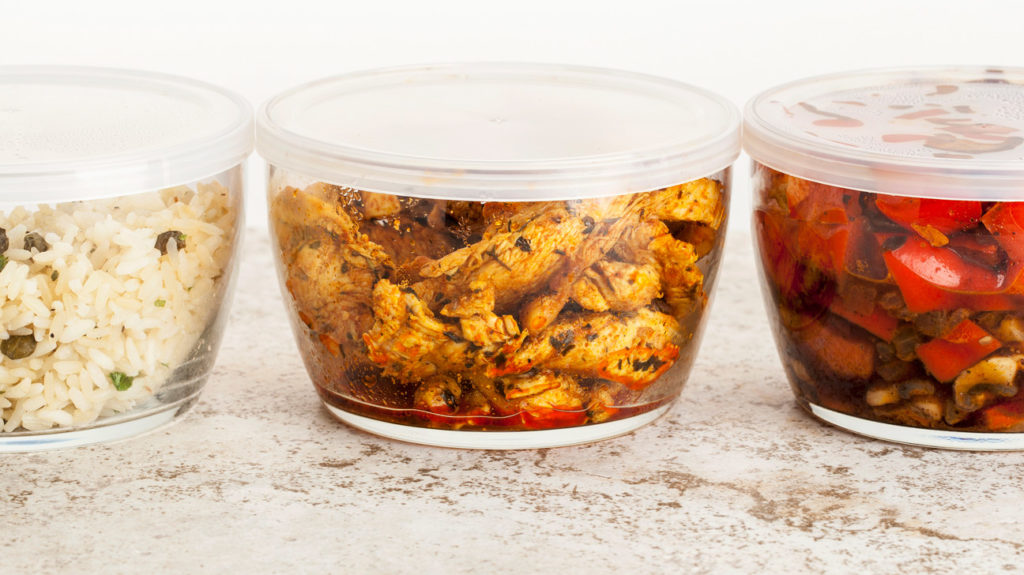
No, freezing the leftovers does not kill the bacteria. It just makes them go into inactive or dormant mode. Before adding any leftover food item to a freezer, it is recommended that you let it cool first or be at normal temperature. It is advisable that you don’t store rice, starch foods as leftovers for a longer time for healthy consumption purposes. Hence, answer to your question – does freezing kill bacteria?
Does freezing kill salmonella bacteria?
Freezing won’t kill salmonella bacteria in food items like meat, vegetables, processed foods, etc. When in frozen condition, the Bacterias go dormant and come back to the active stage or reproduce when thawed.
Do freezing water bottles kill bacteria?
Freezing water bottles will not affect the Bacterias at all. The germs will remain constant and dormant inside the freezer. Freezing water bottles are not an ideal solution for purifying the water.
Does freezing water kill coliform bacteria?
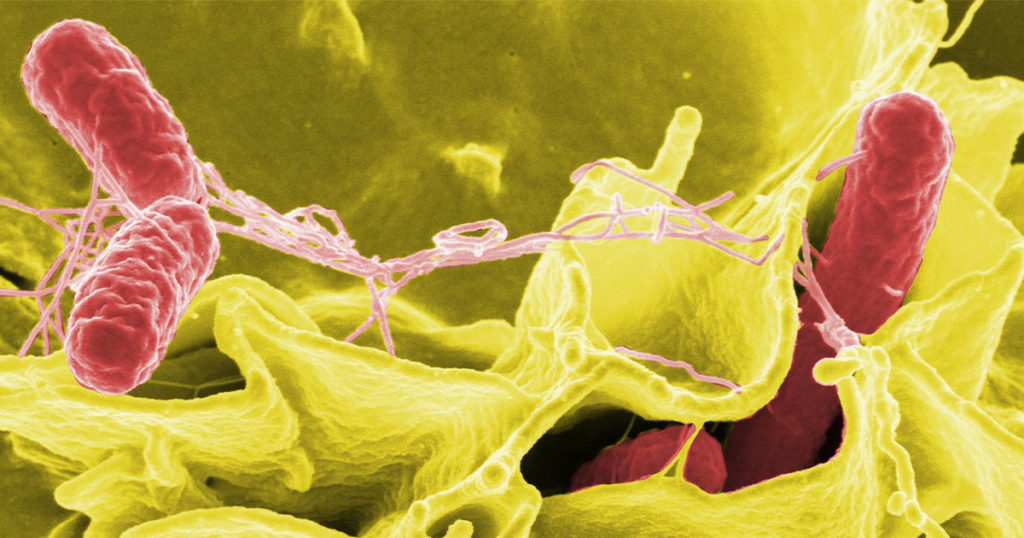
Freezing water will not kill coliform bacteria. E. coli O157:H7 germs remain alive in freezing temperatures.
Hence, answering your question – does freezing kill bacteria? No, it does not.
Also checkout – Can you freeze Avocados
FAQs
1. Do bacteria die when frozen?
Freezing is not an ideal method or solution to kill Bacteria and germs. Viruses simply go into a dormant stage in freezing conditions. Once the food items are thawed, the Bacteria become alive and active. They sometimes multiply in numbers too.
2. How cold does it have to be to kill bacteria?
According to scientists and health experts, freezing the food doesn’t do anything to kill the Bacterias. Ideally, around 80 degrees or below freezing temperature is required to kill viruses and Bacterias.
3. What temperature will kill mold?
Molds, fungus, or yeasts can be killed at temperatures around 140-160 degrees Fahrenheit. There are some fungi and molds that are capable of forming heat-proof spores and may even sustain hot temperature treatments given to pickled veggies, food products, etc.





